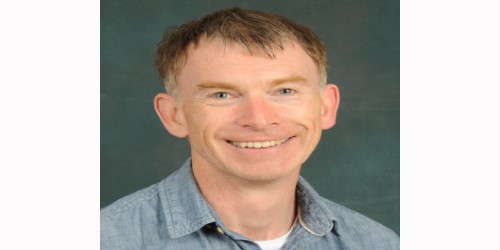Restoring the 3D structure of tropical ecosystems – how important is tree diversity?
About the project or challenge area
Logging and land conversion pose a major threat to world’s tropical forests. Nowhere is this more evident than in Borneo, where since the 1970s over 60% of intact forests have either been logged or converted to oil palm plantations. Restoring degraded tropical forests is critical to allowing both biodiversity and carbon stocks to recover. However, it remains unclear what approaches work best for promoting the recovery of these ecosystems. This project will use cutting-edge airborne LiDAR acquired over the Sabah Biodiversity Experiment in Malaysian Borneo to test whether planting a diverse mixture of tree species leads to a faster recovery of canopy 3D structural complexity and carbon stocks. The outcomes of this project will directly inform conservation strategies in Sabah, where there is a growing awareness of the need to restore degraded tropical forests to mitigate climate change and curb biodiversity loss.
Why choose this project?
Through this project you will have the opportunity to develop key analytical skills for processing and analysing remote sensing data, particularly LiDAR point clouds. You will also have the chance – should you wish – to undertake fieldwork in Malaysian Borneo. As your supervisor, my goal will be help you develop the critical thinking and communication skills that are vital to a career both within and outside academia. Finally, through collaboration with research partners SEARRP and collaborators at the University of Oxford, your work will help shape management and conservation decisions in the state of Sabah in Malaysian Borneo.
About you
While no previous experience working with remote sensing data is required for this project, a keen interest in developing the computational skills needed to process and analyse large datasets would be an asset. Similarly, should you wish to incorporate a fieldwork component into the project, previous experience working in remote locations would be helpful.
How to apply
All students can apply using the button below, following the Admissions Statement (PDF, 188kB). Please note that this is an advertised project, which means you only have to complete Section A of the Research Statement.
This project is not funded, for further details please use this link.
Before applying, we recommend getting in touch with the project's supervisors. If you are interested in this project and would like to learn more about the research you will be undertaking, please use the contact details on this page.
 Supervisor
Supervisor
Your supervisor for this project will be Dr Tommaso Jucker, Research Fellow and Lecturer in the School of Biological Sciences. You can contact him at +44 (0) 117 39 41314 or email t.jucker@bristol.ac.uk.
 Supervisor
Supervisor
Your co-supervisor for this project will be Professor Andrew Hector, Department of Plant Sciences at the University of Oxford.
Find out more about your prospective research community
The Environmental Change theme is a vibrant community of researchers who integrate expertise across multiple disciplines to provide the evidence base and solutions to tackle the world's most pressing environmental challenges. Find out more about the Environmental Change research theme.